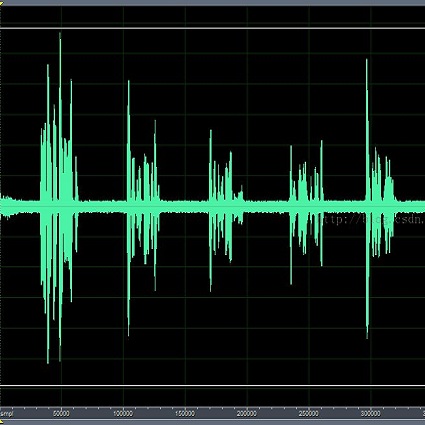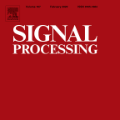Statistical signal processing based speech enhancement methods adopt expert knowledge to design the statistical models and linear filters, which is complementary to the deep neural network (DNN) based methods which are data-driven. In this paper, by using expert knowledge from statistical signal processing for network design and optimization, we extend the conventional Kalman filtering (KF) to the supervised learning scheme, and propose the neural Kalman filtering (NKF) for speech enhancement. Two intermediate clean speech estimates are first produced from recurrent neural networks (RNN) and linear Wiener filtering (WF) separately and are then linearly combined by a learned NKF gain to yield the NKF output. Supervised joint training is applied to NKF to learn to automatically trade-off between the instantaneous linear estimation made by the WF and the long-term non-linear estimation made by the RNN. The NKF method can be seen as using expert knowledge from WF to regularize the RNN estimations to improve its generalization ability to the noise conditions unseen in the training. Experiments in different noisy conditions show that the proposed method outperforms the baseline methods both in terms of objective evaluation metrics and automatic speech recognition (ASR) word error rates (WERs).
翻译:以统计信号处理为基础的语音增强方法采用专家知识来设计统计模型和线性过滤器,这是对基于数据驱动的深神经网络(DNNN)的基于数据驱动的方法的补充。在本文件中,我们利用从网络设计和优化的统计信号处理中获得的专家知识,将传统的卡尔曼过滤器(KF)推广到受监督的学习计划,并提议神经卡尔曼过滤器(NKF)用于语言增强。两种中间清洁语音估计数首先来自经常性神经网络(RNNN)和线性Wiener过滤器(WF),然后通过知识丰富的NKF增益进行线性合并,以产生NKF输出。对NKF进行超额联合培训,以学习在WF的瞬时线性估算与RNNN的长期非线性估算之间自动交换。NKF方法可以被视为利用W的专家知识来规范RNN估计数,以提高其在培训中看不到的噪音条件下的通用能力。在不同噪音条件下进行的实验表明,拟议的方法在客观评价中自动确认语言反应率方面超越了基准率(W)。





